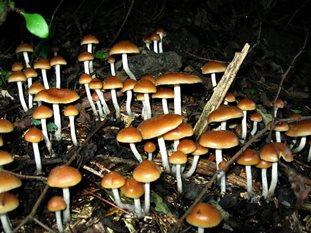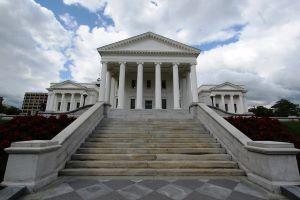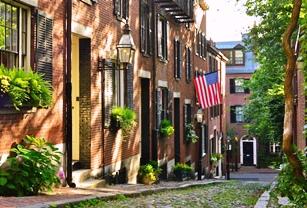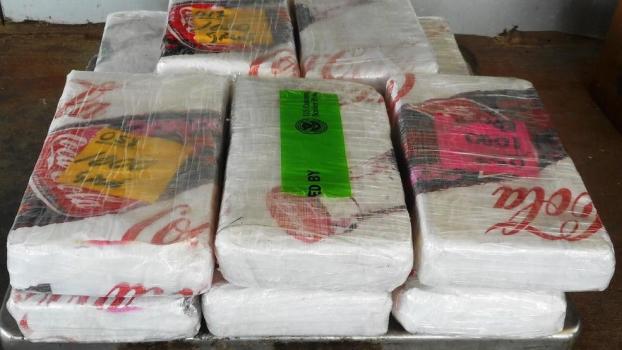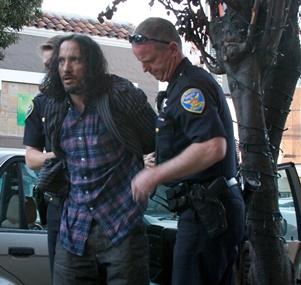
Black and Hispanic Californians are still more likely to be arrested for marijuana than whites. (Creative Commons)
CA Marijuana Arrests Decline But Disparities Persist, AR MedMJ Growers Sue to Block Competition, More... (7/17/20)
California marijuana felonies are at the lowest level since 1954, Argentina moves to make its medical marijuana program more patient-friendly, and more.
